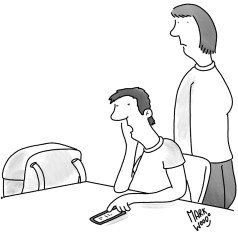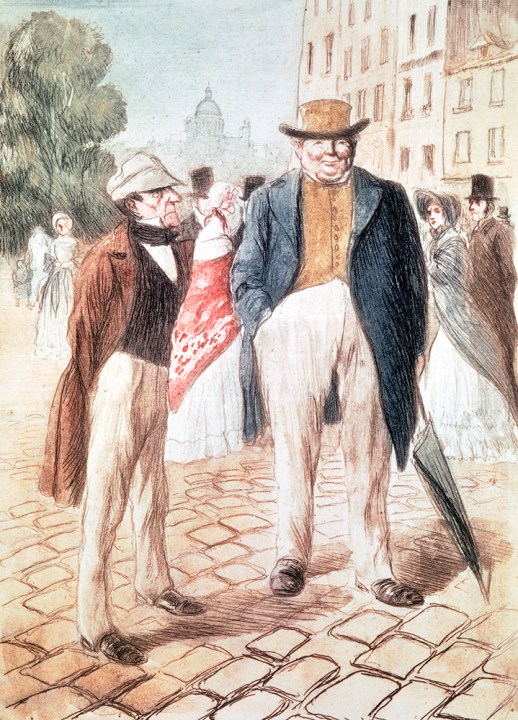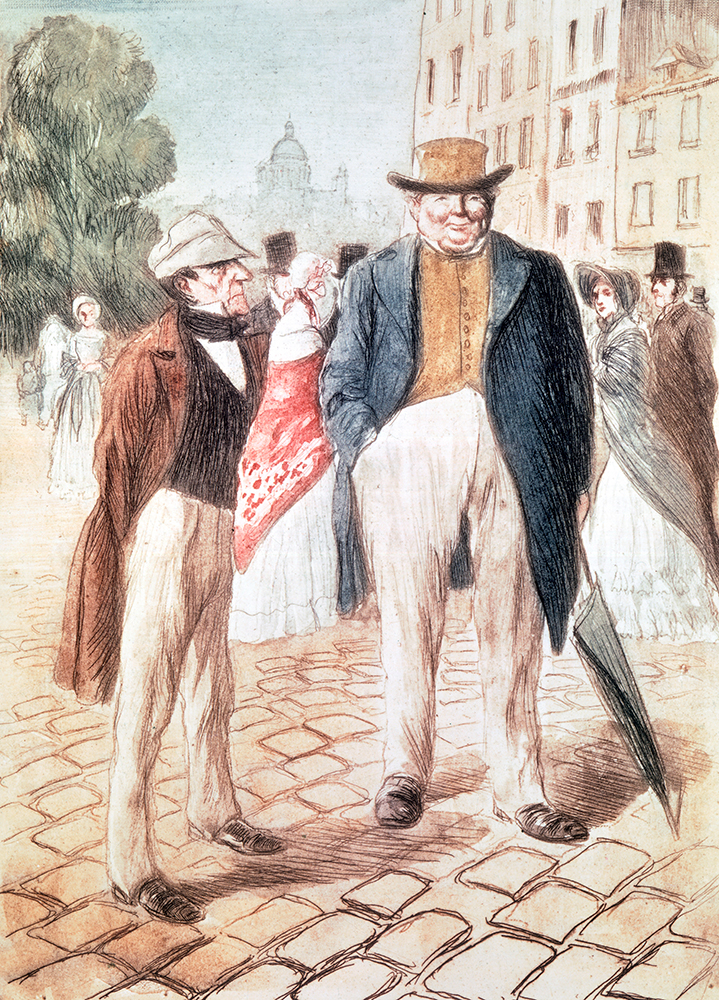
Best remembered now in the English-speaking world as a lyricist, Friedrich Schiller is often quoted for his line: ‘Against stupidity the gods themselves struggle in vain.’ I was waiting for that observation in A Short History of Stupidity. It didn’t appear, but Stuart Jeffries assembles an impressive team of thinkers who have come to the same conclusion. You can’t win: imbecility will always ace you.
The great crime for Socrates was ignorance – something often mistaken for stupidity
There is of course the question of what exactly constitutes stupidity. It’s a hard thing to pin down and the definition strays into many areas. Jeffries offers a learned, picturesque ramble through world civilisation in an attempt to come up with some answers. It’s no surprise to see the former Guardian journalist denouncing as leading devotees of foolishness Donald Trump, Elon Musk, Nigel Farage, Boris Johnson and Brexiteers in general, rather than, say, Ed Miliband, Humza Yousaf or Jeremy Corbyn (although the last does make a cameo appearance on page 284).
Jeffries contends that through the ages there have been two main opinions about stupidity – that it never budges and is a permanent feature; and that it can be eradicated, or at least beaten back, through some process of enlightenment. Stupidity is like a virus, he suggests, constantly evolving to elude ‘extinction’. And something akin to it may not necessarily be such a bad thing. The financial success of Jade Goody, the Big Brother contestant, is cited as an example of how ignorance and gauche behaviour can win you fans.
Inevitably, Socrates makes an appearance. The oracle at Delphi supposedly described him as the ‘wisest’ man; but giving Socrates such an accolade was asking for hair-splitting. He argued that his wisdom consisted in knowing that he wasn’t wise. The great crime for him was ignorance – often mistaken for stupidity. As far as one can tell, he meant by this the failure to examine and question the world around you. One of the central tenets of ancient Greek culture was education. Stupidity was the crime of not combatting ignorance.
The intellectual tour carries on. There’s a close reading of a number of classics, including Don Quixote, King Lear, Bouvard et Pécuchet and Siddhartha. These again indicate that it’s very hard to establish the boundaries of stupidity. What is delusional – or just the consequence of making the wrong decision?
Jeffries claims that insanity and stupidity are often hard to tell apart, quoting Albert Einstein: ‘Insanity is doing the same thing over and over and expecting different results.’ Well, Heraclitus and I beg to differ. As someone who asked beautiful girls to dance in my youth, I did get different results. I also feel that Jeffries is a bit hard on Gustave Flaubert’s comedy double act. Bouvard et Pécuchet is certainly about stupidity, and the author was doubtless poking fun at Auguste Comte and the meliorists (although Flaubert didn’t live to see the horrors that resulted from Hegel’s invention of a godless religion). The fact that the pair were incapable of original thought is underlined by their profession as copyists. But there is nevertheless an ‘everyman’ quality to them as they struggle to find some sense in life. It’s that old exam question: ‘Comedy: flawed tragedy?’
Given the subject, I was hoping for more laughs. This is a thoughtful, ambitious book, but it’s no hootfest. There are erudite excursions into structuralism and the Frankfurt School as well as Daoism and Buddhism. I always despair when I see a quotation from the Dalai Lama. I once went to a talk he gave and was stunned by the platitudes. And I’m sure that a long chapter on IQ tests is well researched but I would have skipped it if I hadn’t been reviewing.

I was also expecting more examples of individuals who should have known better – those whom Martin Amis dubbed ‘high-IQ morons’. We are offered a maths professor, John Allen Paulos, who made a disastrous stock market investment. But I’d have liked to have seen others – for example, Paul Krugman, Nobel laureate in economics, who confidently predicted that the internet would have no more impact on the world economy than the fax machine.
Jeffries neglects another fertile field of idiocy: the press. There’s a fantastic tradition of educated, professional journalists who handed in sizzling eulogies of Hitler, Stalin, Pol Pot, Mao and Saddam Hussein in the face of verifiable facts.








Comments